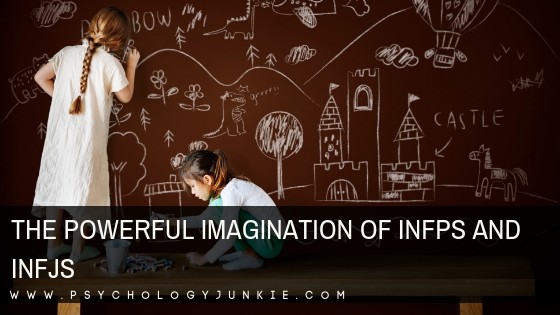
Types Of Imagination In Psychology. Thus we can imagine a star which we do not see. Imagination Imagination in Psychology. We can imagine a melody which we do not hear an odour which we do not actually smell etc. Belief like perception aims at according with reality while desire aims at altering reality.

Imagination comes in many forms and by many degrees ranging from scientific reasoning to musical appreciation. Imagination in the psychologists meaning might be called the consciousness of objects not present to sense. But imagination is used in a whole variety of cognitive processes including planning hypothetical reasoning picturing things in the past or the future comprehending language and of course. Of objects present to the senses. Thus we can imagine a star which we do not see. The imagination was of particular importance to psychologist Carl Jung who emphasized the importance of dreams to the unconscious mind.
But imagination is used in a whole variety of cognitive processes including planning hypothetical reasoning picturing things in the past or the future comprehending language and of course.
And overlaps with a number of other cognitive constructs including belief desire. Thus we can imagine a star which we do not see. Belief like perception aims at according with reality while desire aims at altering reality. We can imagine a melody which we do not hear an odour which we do not actually smell etc. The outside world seems to be imprinted. But imagination is used in a whole variety of cognitive processes including planning hypothetical reasoning picturing things in the past or the future comprehending language and of course.